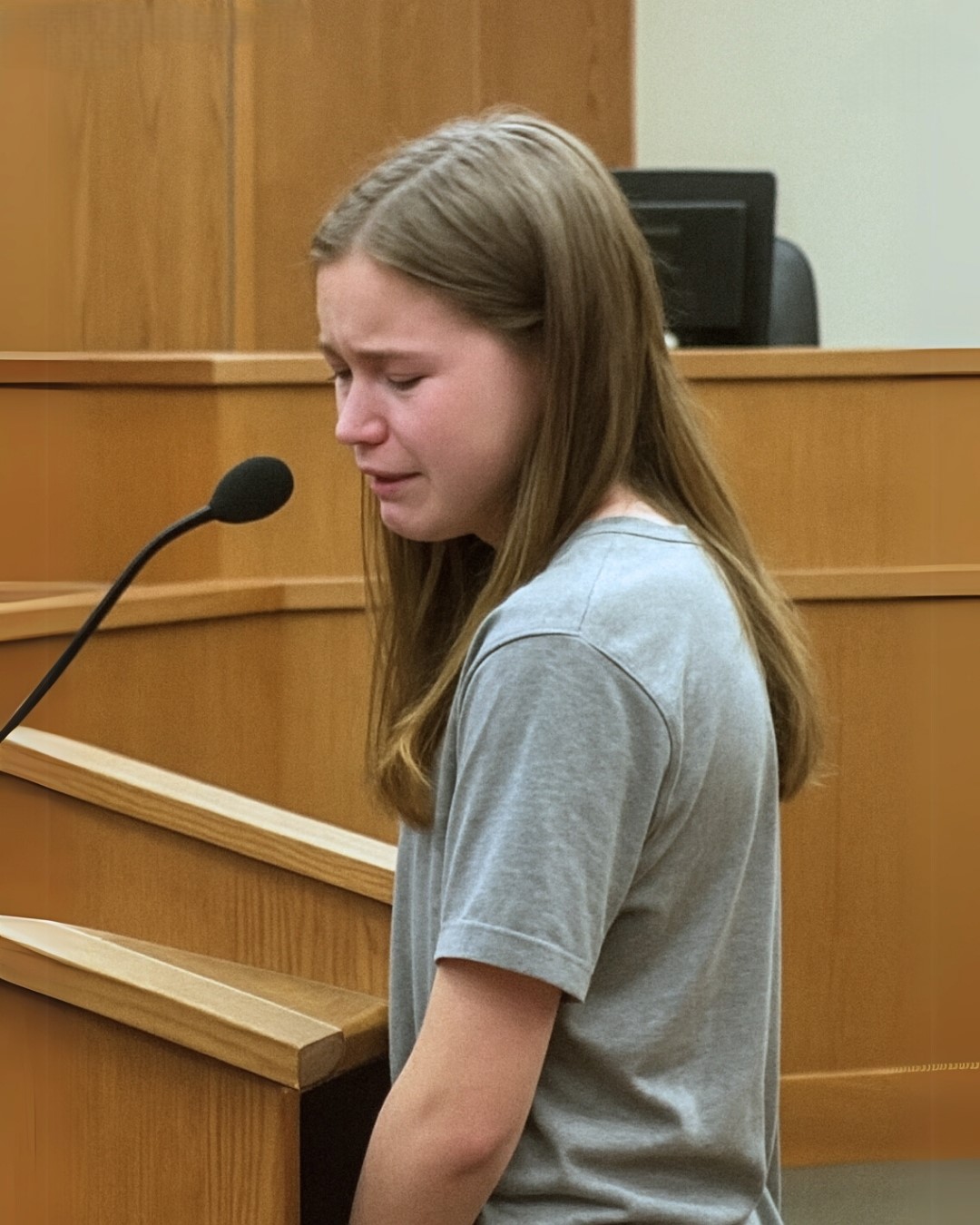What I remember is the rain—starting soft like a whisper, then roaring loud enough to drown out the music. I remember Mom’s laugh. I remember her teasing me about Nate from chemistry class. I remember a sudden blaze of headlights. And after that? Flashes: shouting her name into the storm, kneeling in the mud, my hands trembling and slick with rain. She was lying there, still, her eyes gazing at something far away.
I shook her. I begged her to wake up. Then there were sirens, voices, hands pulling me back. Someone said she had been driving. I tried to speak—to tell them—but the words wouldn’t come. Everything spun and went dark.
When I woke up in the hospital, pain and confusion wrapped around me like heavy blankets. My father—Thomas—was there. A man I barely knew, who used to send birthday texts and show up once every few holidays. He squeezed my hand and said, “Hey, kid.” And somehow, I understood: Mom was gone.
Two weeks later, I was living in a house that didn’t feel like home. Julia—my father’s wife—tried hard. She cooked oatmeal with flaxseeds and wore a smile that seemed almost too careful. I missed late-night waffles with Mom, not carefully planned meals and polite conversation.
There was a baby here too. Duncan. My half-brother. I couldn’t even bring myself to say his name out loud. I didn’t feel like I fit into this new world.At court, I wore the same blouse I’d worn to Mom’s funeral. I sat stiffly, staring at the man responsible—Calloway. He had been drinking. He had been reckless. When they asked what happened, I said, “He hit us.”
But then his lawyer stood up and asked the question that stole the air from my lungs: Who was driving?
The memory, once cloudy, became sharp. I remembered the feel of the steering wheel. Mom handing me the keys. “You dragged me out here, Mae. You’re driving,” she had said.
It had been me. I was behind the wheel.
That night, I told my father. I sobbed the truth into the darkness. “I didn’t see him until it was too late.”
He didn’t get angry. He just held me, and for a moment, it felt like no time had passed at all. “It wasn’t your fault,” he whispered.
Later, I overheard him speaking to Julia. His voice broke. “She’s a stranger to me. I wasn’t there.”
And I realized: love doesn’t erase distance. It can’t erase time lost.In a trunk of Mom’s old things, I found a letter she had written to Dad about a year before she passed. She had asked him if he was ready to be a real father.
Her words were honest, filled with hope—but also doubt. Somehow, that gave me permission to have doubts too.
The verdict finally came. Calloway accepted a plea deal—less time, full responsibility. It wasn’t perfect justice, but it was the truth.
That night, I whispered to Mom’s photo, “I’m sorry. I love you.” And somehow, it felt like she heard me.The next morning, there were waffles waiting at the kitchen table. Real ones. Butter and syrup and everything.
Julia just smiled and said, “Don’t tell the other vegans,” as she sipped her tea. I smiled back—a real smile this time.
That weekend, I told Dad I wanted to start fresh. I wanted to know Duncan. I wanted to help paint his nursery. I wanted to try Julia’s weird recipes. I wanted to try being part of this family.
Dad pulled me into a hug. And this time, I let him.
Maybe this life—messy, imperfect, and still healing—could be home.
Maybe healing isn’t a thunderclap. Maybe it’s a series of small moments.
A letter. A hug. A plate of waffles. A mural painted for a little boy who doesn’t understand yet—but one day, he might.
And maybe, one day, so will I.
